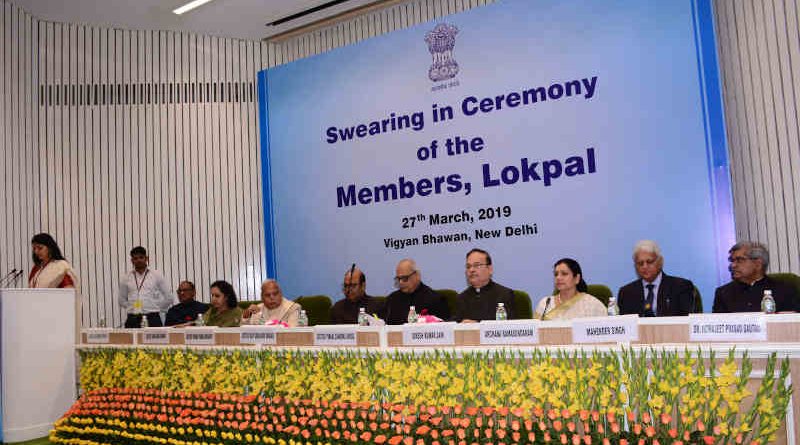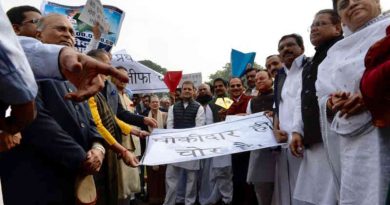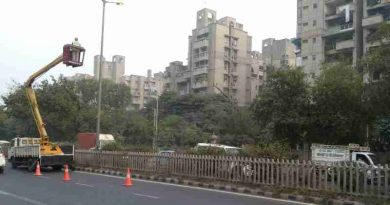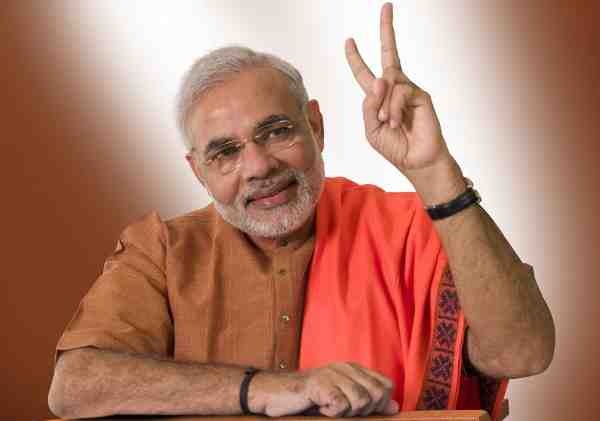Judge Rewarded with Plum Position After Babri Mosque Verdict
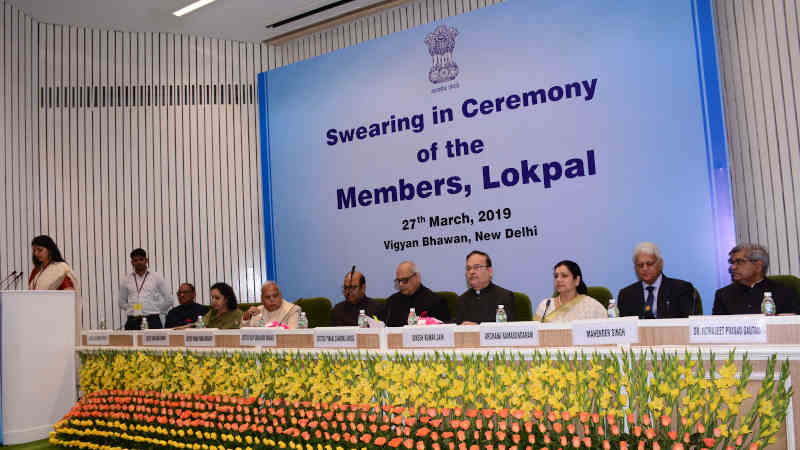
In all autocratic regimes that work under the garb of democratic systems, the rulers silently use courts to impose their own decisions on citizens and suppress all kinds of dissent.
By Rakesh Raman
Retired judge Surendra Kumar Yadav, who gave the verdict in the controversial Babri mosque demolition case last year, has been handpicked for the lucrative up-Lokayukta (deputy Lokayukta) position in Uttar Pradesh. He took the oath of office on Monday (April 12).
The office of Lokayukta is an anti-corruption authority that investigates cases related to corruption, government mismanagement, or abuse of power by public servants or ministers.
As a judge of the special CBI (Central Bureau of Investigation) court, Yadav had on September 30, 2020 acquitted all the 32 accused in the case of demolition of Babri mosque in Ayodhya on December 6, 1992. The acquitted leaders, who mainly belong to the Bharatiya Janata Party (BJP) of PM Narendra Modi, include L.K. Advani, M.M. Joshi, Uma Bharti, and Kalyan Singh.
A number of rights activists and civil society organizations had termed the verdict in the Babri Masjid (mosque) demolition case as yet another nail in the coffin of Indian democracy and questioned the role of judiciary. They had demanded that the CBI should challenge the decision in the higher court. But the outcome did not change and the judge was rewarded for his judgment in favor of the ruling regime.
Similarly, last year, former Chief Justice of India (CJI) Ranjan Gogoi was rewarded with membership of Rajya Sabha, the upper house of India’s parliament. With his bias toward the Modi government, Gogoi – who retired in November 2019 – was largely working as a government spokesperson.
During his tenure, he had completely tarnished the image of the Supreme Court which had been reduced to the level of a party office of BJP. As a judge, Gogoi was pronouncing judgments such as Ayodhya verdict and decision on Rafale corruption case to meet Modi’s expectations.
In all autocratic regimes that work under the garb of democratic systems, the rulers silently use courts to impose their own decisions on citizens and suppress all kinds of dissent.
Earlier, K.V. Chowdary – who had retired as the Central Vigilance Commissioner (CVC) which is India’s top anti-corruption organization – was hired as additional director on the board of Reliance Industries Limited (RIL) led by Mukesh Ambani.
Ambani is a close capitalist friend of Modi, who has been embroiled in multiple corruption scandals. As the CVC of India, Chowdary intervened to get all investigations against Modi dropped.
As the Modi government has given top administrative and judicial posts to its own loyal men who could cover up the crime and corruption cases in which top BJP politicians are involved, there has been a huge controversy over the manner anti-corruption ombudsman Lokpal was appointed.
New reports suggest that the entire exercise of the appointment of Lokpal was held in a dubious manner and Lokpal has been ignoring the corruption cases of top politicians.
Meanwhile, a recent report released by the U.S. Department of State has revealed that rampant corruption is happening at all levels of government in India. The report released on March 30 says that the law provides criminal penalties for corruption by government officials. But most government officials frequently engage in corrupt practices with impunity.
By Rakesh Raman, who is a national award-winning journalist and social activist. He is the founder of a humanitarian organization RMN Foundation which is working in diverse areas to help the disadvantaged and distressed people in the society.

